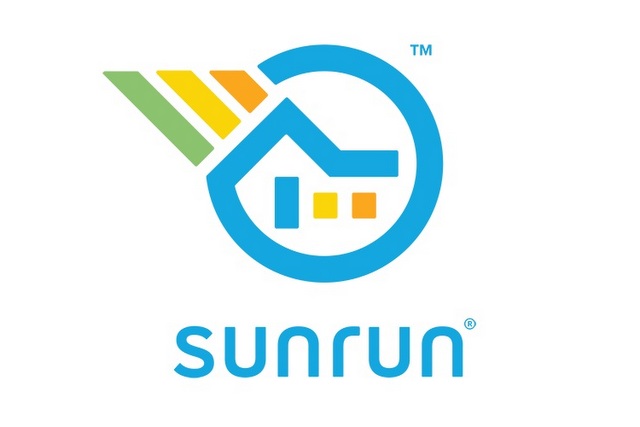
Sunrun and Pacific Gas and Electric Company (PG&E) are looking to enroll up to 7,500 new and existing residential home solar and battery systems in PG&E’s service area into the new Energy Efficiency Summer Reliability Program. This is a virtual power plant (VPP) program capable of discharging 30 MW back to the grid. The VPP was approved by the CPUC on Jan. 30.
A virtual power plant works by storing renewable energy produced by rooftop solar panels during the day across a large number of homes, then sharing that energy back to the grid during peak times, such as at night when the sun has set or when energy supply is tight during hot summer months.
All Sunrun solar and battery customers in single-family homes who have an interconnection agreement with PG&E, and are not enrolled in other demand response programs, are eligible to participate.
This partnership was formed after an issuance by the California Public Utilities Commission for “Energy Efficiency Actions to Enhance Summer 2022 and 2023 Electric Reliability,” a direct response to a State of Emergency proclamation issued by California Governor Gavin Newsom. The proclamation challenges energy providers “to take immediate action to reduce the strain on the energy infrastructure, increase energy capacity, and make energy supply more resilient this year to protect the health and safety of Californians.”
“Home batteries and virtual power plants are valuable resources for supporting grid reliability and an essential part of California’s clean energy future,” said Patti Poppe, CEO of PG&E Corporation. “PG&E is making great strides ensuring the grid is ready to partner with a diversity of energy providers. In collaboration with Sunrun, our Energy Efficiency Summer Reliability Program will serve as a unique resource that will positively contribute to our state’s electric grid and complement a host of actions PG&E is taking to provide greater energy resilience to our customers and hometowns.”
Discharge schedule | The VPP battery system dispatching will go according to a schedule devised by PG&E and Sunrun that should lower the overall cost of power during the times of highest need on the grid. Enrolled battery systems will be directed to discharge every day from 7 p.m. to 9 p.m. during the months of August through October, a critical window when energy needs are highest in California.
This pattern should also reduce critical strain on the entire energy system and reliance on fossil fuel burning power plants.
In exchange for participating, customers will receive an upfront payment of $750 and a free smart thermostat. Batteries enrolled in the program will retain enough energy to meet personal, essential needs in the event of a local power outage in their area.
This program will also provide Sunrun incremental revenue for managing and delivering virtual power plant services to the grid for one year, and an opportunity for Sunrun and PG&E to extend and expand the program in future years.
“There’s no denying climate events are becoming more severe and power outages are more frequent and prolonged as a result,” said Mary Powell, CEO of Sunrun. “Consumers want energy security and peace of mind, and by integrating more reliable clean energy resources into the grid through this innovative program, we can deliver that with PG&E. This forward-looking partnership strengthens our emergency preparedness and puts the customer at the center of the energy system.”
The new Sunrun VPP is part of a suite of programs and solutions that PG&E has implemented to decrease energy demand and increase energy supply during critical hours of the day to ensure grid reliability during extreme heat events. This also includes procuring additional energy supply, deploying new incremental battery energy storage capacity, expanding existing Demand Response (DR) programs and incentives, and launching new DR options.
— Solar Builder magazine
[source: https://solarbuildermag.com/news/pge-launches-virtual-power-plant-program-with-sunrun/]

Leave a Reply
You must be logged in to post a comment.